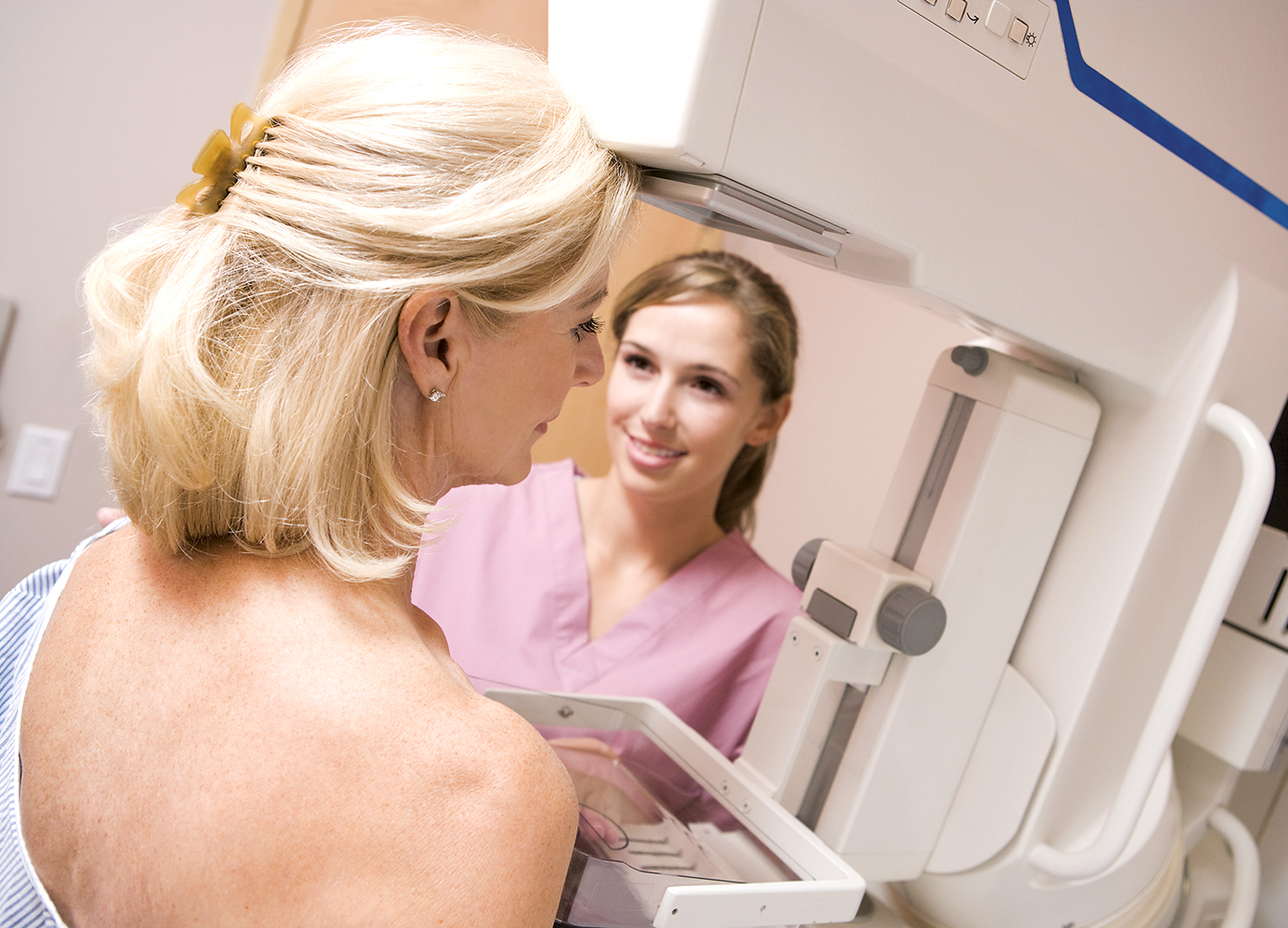Women now have more say in their health care
By Katrina Caruso
In December, the Canadian Task Force on Preventive Health Care released a new set of guidelines for breast-cancer screenings, which are meant to empower women to be a part of their health-related decision-making.
The previous guidelines, released in 2011, focused on age and risk factors, without taking into consideration a woman’s personal preferences. For example, mammograms were not recommended for women between the ages of 40 and 49, while for women 50 to 74, it was advised that they be tested every two or three years.
The new guidelines encourage all women between 40 and 74 to speak with their doctors about breast cancer screening, so that they can make decisions together about the frequency of mammograms. This allows each woman to prioritize herself and her needs.
Summary of the new guidelines*
– Ages 40 to 49: Screening is not recommended, but women who want to be tested can speak with their doctors about the potential benefits and risks.
– Ages 50 to 74: Screening is recommended every two to three years, but this can change depending on a women’s preferences and upon consultation with a doctor.
– Ages 75 or older: There is no screening recommendation.
* Note: these are not applicable for women at high-risk for breast cancer.
The new guidelines should help with the unnecessary distress that many younger women endure faced with false positive results from mammograms. The task force found that, over a period of seven years, women between 40 and 49 had an almost 30% chance of receiving a false positive result for breast cancer: per 1,000 cases, there were 294 false-positive results. These results led to 43 women receiving unnecessary biopsies. Among women 70 to 74 years old, 219 cases of false positives were found per 1,000 cases, resulting in 30 biopsies.
The guidelines can be consulted here.
Photo: iStock/monkeybusinessimages.





